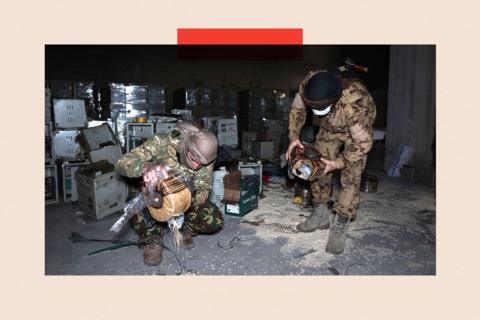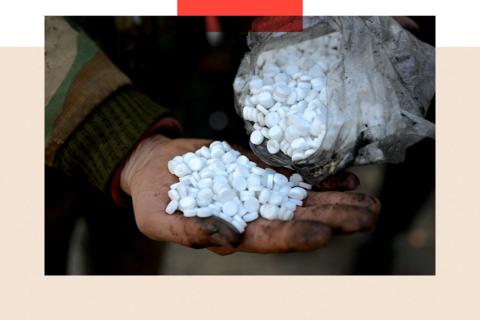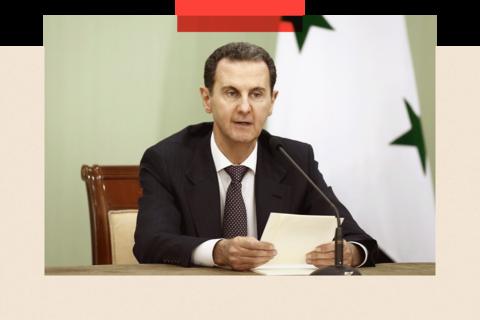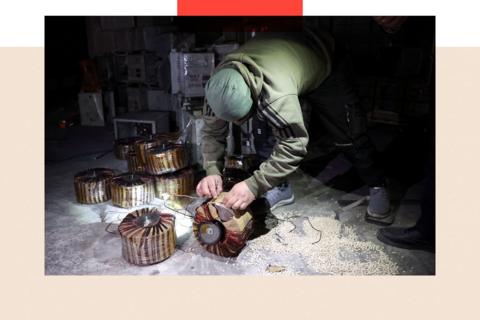When Syrian rebel leader Ahmed al-Sharaa arrived in Damascus and gave a victory speech on the heels of a lightning military campaign that swept through the country and toppled Bashar al-Assad's regime, one remark went widely unnoticed. That was his reference to an illegal narcotic that has flooded the Middle East over the past ten years.
"Syria has become the biggest producer of Captagon on earth," he said. "And today, Syria is going to be purified by the grace of God."
Mostly unknown outside of the Middle East, Captagon is an addictive, amphetamine-like pill, sometimes called "poor man's cocaine".
Its production has proliferated in Syria amid an economy broken by war, sanctions and the mass displacement of Syrians abroad. Authorities in neighbouring countries have struggled to cope with the smuggling of huge quantities of pills across their borders.
All the evidence pointed to Syria being the main source of Captogan's illicit trade with an annual value placed at $5.6bn (£4.5bn) by the World Bank.
At the scale that the pills were being produced and dispatched, the suspicion was that this was not simply the work of criminal gangs - but of an industry orchestrated by the regime itself.
Weeks on from the speech by al-Sharaa (previously known by his nom de guerre of Abu Mohammed al-Jolani), spectacular images have emerged that suggest the suspicion was correct.



